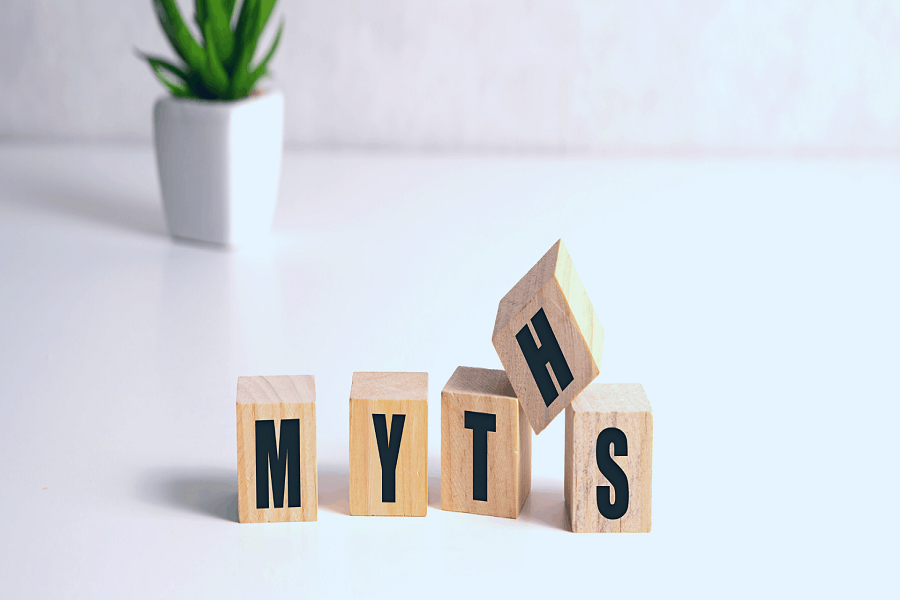Busting Some Property Ownership-Related Myths

Most of the information we possess about properties is usually gleaned via word of mouth. There are also some wrong beliefs that may inadvertently creep in through this exchange. Given below are some myths about property ownership:
Co-Owners have to pay taxes – By law, you have to pay taxes only if you have made a monetary contribution towards ownership of a property. A man can make his wife the co-owner of a property. She will not have to pay taxes if the husband is arranging all the financial funding by himself.
Decision to Sell – It is imperative to get the co-owner’s approval in case you want to sell your self-acquired property. This means that the co-owner will get half of the share in the property by default. Even if you have added your spouse’s name just to increase loan eligibility, their approval will be necessary before selling.
Tenants in common and joint tenants – These two terms are not the same. Under the Hindu Succession law, property is transferred to the surviving spouse in the case of demise. This is in the case of the joint tenants of property. However, according to the law, if a couple is tenants in common, the property will be transferred to the heir. The division of property might also be according to the will if there is one.
Absence may make you can lose ancestral property – This is not true, and your absence will not affect your legal right on property. This is applicable even is you are not paying taxes on the property.
Share in parental property – If your parent’s property has been self-acquired, they can choose to confer ownership on whomsoever they desire. This, however, is not the case for an ancestral property. A parent can give their property to a third party through a gift deed.
Prestige Group new prelaunch apartment Prestige Park Grove.
| Call | Enquiry |











